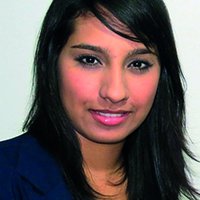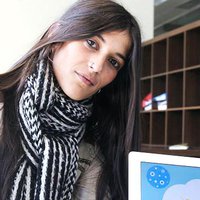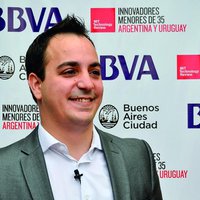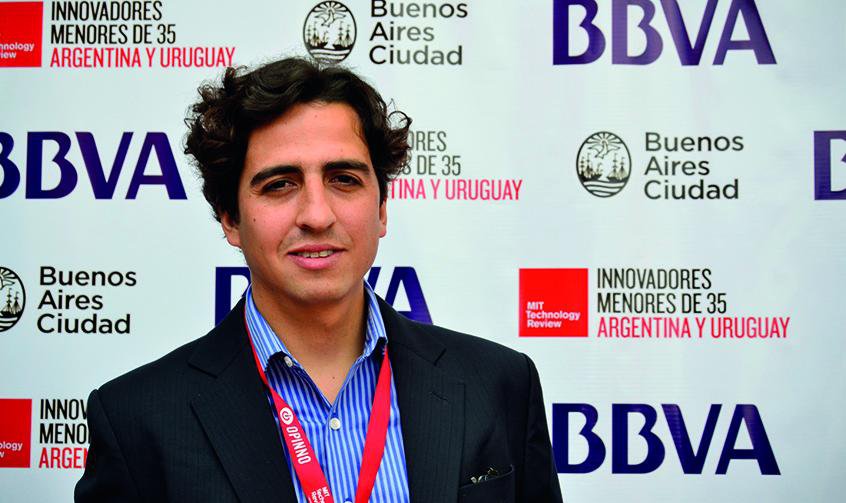Software
Ignacio Oliveri
He has created a platform for telemedicine and tele-education to improve the rehabilitation of children with disabilities

Latin America
Laura Parra
She has developed a system of sensors related to video games to improve the rehabilitation of children with mobility problems

Europe
Karen Márquez
Bringing neuroscience and cognitive technology to maximize each child’s learning

Latin America
Sebastian Stranieri
He has created secure and flexible authentication systems for use on the Internet

Latin America
Jorge Camil
Quality Education assisted by information technologies to close the digital divide
